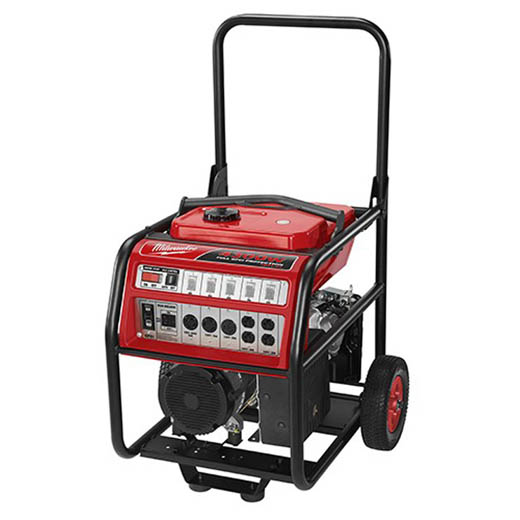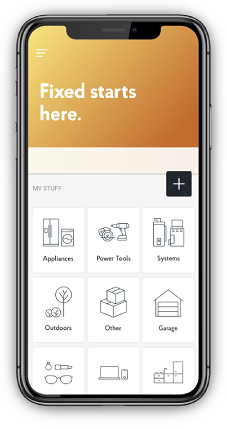Why Read This Article?
Finish Nailer Repair - Replacing the Driver Guide (Ridgid Part # 79004001022)
Article Breakdown
Finish Nailer Repair - Replacing the Driver Guide (Ridgid Part # 79004001022)
Safety Guidelines
- See article.

Generator Basics
There are two types of generators:
1) portable generators, and
2) home generator systems
1.
Portable generators will provide power to individual home appliances in the event of a power outage and other occasional, minimal use. Portable generators can also be used for camping, on job sites, and any other application where power is needed in a remote area.
2.
Home generator systems are for permanent applications, and they are more powerful than portable generators. A home generator system will power medical equipment, more than one appliance at a time, and they are often designed to automatically start when power is interrupted.
Determine the wattage needed from the generator, based on what machines, tools, or appliances it will need to power.
- Give generators a test run before each use.
- Keep generators in an open space that is easy to get to.
- If a generator has an electric start, be sure to keep the battery charged.
- Run generators occasionally to keep their engines well-lubricated.
- Plug appliances in one at a time so as not to overload generator circuits.
- Allow generators to cool down before moving or storing them.
- When not in use, keep generators covered to keep dirt and debris out of their systems.
- Always read the manual that comes with a generator.
- Only operate generators outdoors.
- Generators must be kept away from doors, windows, and vents.
- Never use a generator in any enclosed space, including a garage.
- Generator fumes can build up quickly in enclosed spaces. The carbon monoxide produced by a generator can make harmful or fatal.
- Use a battery powered carbon monoxide detector. Remember that generators produce carbon monoxide. Carbon monoxide inhalation can be deadly.
- Never operate a generator near combustible materials.
- Use fresh gasoline in generators. Add a fuel stabilizer to generator gasoline when it won't be used for 30 days or more.
- Never plug generators directly into a home outlet.
- Proper generator maintenance is critical to the safe function of generators.
- Do not operate generators in wet conditions, because they produce powerful voltage that is dangerous.
- Only use grounded extension cords that are rated for generator use.
Generator Parts Replacement
Generators are designed to last, and most generator parts are replaceable. When parts are replaceable, a big investment like a generator can be maintained with little expense and simple repairs. We carry generator parts of all kinds at eReplacementParts.com in an effort to help our customers get the most out of their investments. Many tips and tricks can be found on our Repair Forum and Discussion Boards where you are welcome to join, ask questions, and share your knowledge with power tool enthusiasts around the country. Visit our Generator Parts page for your replacement parts needs. We inventory a comprehensive selection of parts for the generator manufacturers that we carry so our customers have the resources they need to maintain the machines they depend on.
[Back to top] What we're about.


















































